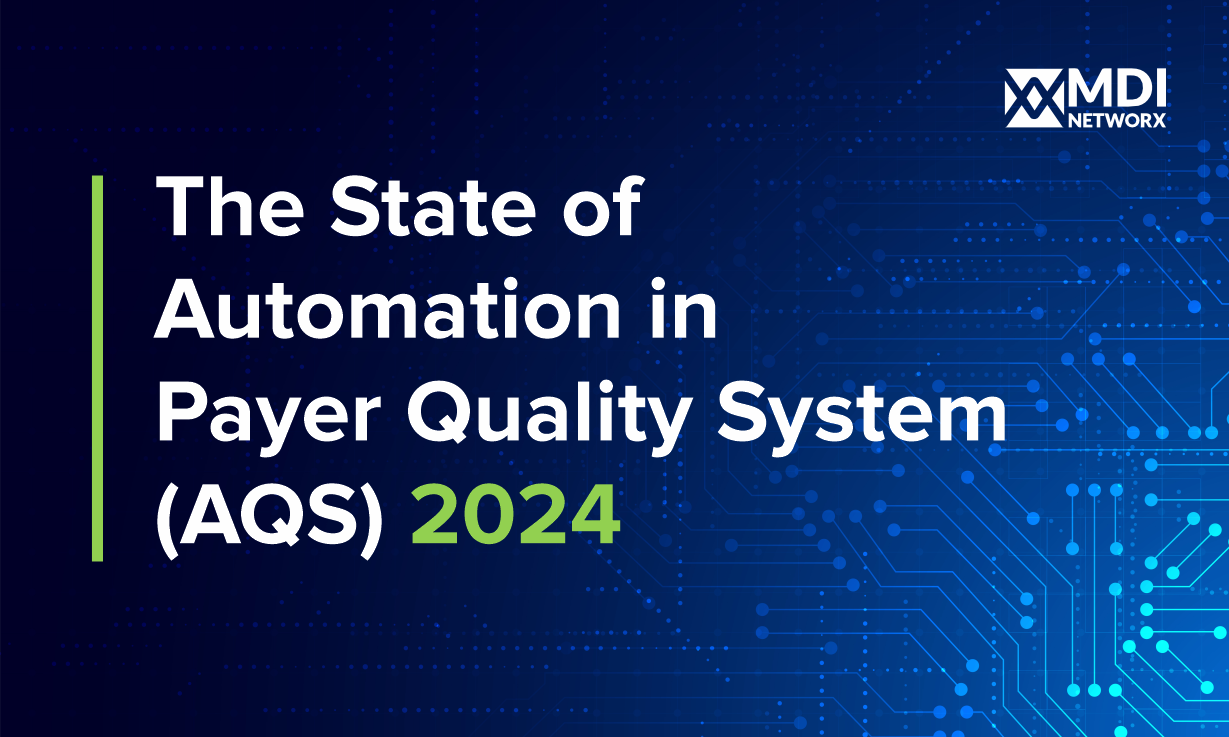Individual healthcare organizations are constantly working to increase the accuracy of their claims while reducing operations and complying with increasing regulatory challenges. That is where AI-driven automation comes in as a game-changer that is not just incremental. State-of-the-art automation in claims processing alone is a strategic investment, opening the way to improving accuracy by 25% and significantly boosting efficiency.
Driving Accuracy Beyond 25% with AI-Powered Automation
Claims accuracy is not only about reducing errors; it includes minimizing or reducing rework, improving first-pass adjudication rates, and ensuring better satisfaction among the members. With artificial intelligence at work, automation tools can analyze big datasets for inconsistencies that mostly go unnoticed when processing is manual. This will enable organizations to perform above par on the 25% improvement benchmark, reduce administrative costs, and increase operational agility.
This means bottom-line benefits: fewer mistakes mean fewer denials and less reprocessing, which equates to faster payments and less headache.
Real-time Feedback: Reduce Errors Before Submission
Automation's real-time feedback mechanism is a game-changer in claims processing. Rather than finding errors through post-process audits, AI systems can identify errors instantly, so restorative actions by processors can be taken immediately. This proactive approach cuts the need for resubmissions, thereby improving efficiency and reducing operational costs.
Healthcare organizations stand to gain much by identifying the source of the errors and rectifying them. By doing this, they can seriously cut down on turnaround times while increasing workforce productivity- two metrics dear to business leaders overseeing operational efficiency.
Cut Claims Resubmissions by 25% or More.
Claims resubmission is more than an administrative burden: it is a costly use of resources. Automation reduces claim resubmissions by a quarter, enables the organization to increase the speed of claims processing for higher accuracy, and, in turn, strengthens relationships with payers to ensure issues are resolved more quickly, and financial workflows are smoother.
In an increasingly competitive healthcare market, these gains spell the difference between the mere maintenance of the status quo and relative advantage.
Operational Efficiency by AI-Powered Insights
Automation solves not only the problem but also provides insight into actionable items that might prompt thinking about healthcare organization processes. AI-powered tools analyze workflows, detecting points of congestion and proposing optimizations that enable organizations to smoothen their operations.
This includes leadership, better resource allocation, and data-driven decisions that drive continuous improvement. These insights enable companies to process claims faster, maximize efficiency, and reduce long-term costs.
Ensuring Conformity and Accuracy utilizing Automation
Compliance is not an option; it is a must in healthcare, and it is pretty challenging to keep pace with the evolution of regulations. Automation tools assist organizations in processing claims by keeping them up to date with the latest regulatory standards, thereby reducing the risk of introducing penalties and compliance breaches.
Moreover, such systems provide clear audit trails that facilitate compliance and reduce risk. Protecting the organization's reputation and bottom line is an integral part of executive work.
Predictive Analytics to Continuously Improve
Automation, married to predictive analytics, enables healthcare organizations to solve current problems and predict issues likely to arise in the future. By analyzing archived data, AI tools detect trends and recommend process improvements that drive ongoing increases in accuracy and efficiency.
It is a forward-looking approach, enabling the organization to foresight adapt strategies and ensure agility in changing industry dynamics.
Conclusion: Realize the Full Potential of Automation
While the goal of automation is no longer optional for healthcare organizations focused on claims quality, cost reduction, and compliance, AI-powered automation will drive accuracy improvements exceeding 25%, reduce resubmissions, and deliver actionable insights. This makes AI-powered automation a key investment in future-proofing claims management.
Today's decision-makers can use automation as the cornerstone for their organizations' future success in an increasingly competitive healthcare environment. After all, the benefits of automation—which include enhanced operational efficiency, regulatory compliance, and accuracy—all point toward a common goal: financial sustainability over the long term.





